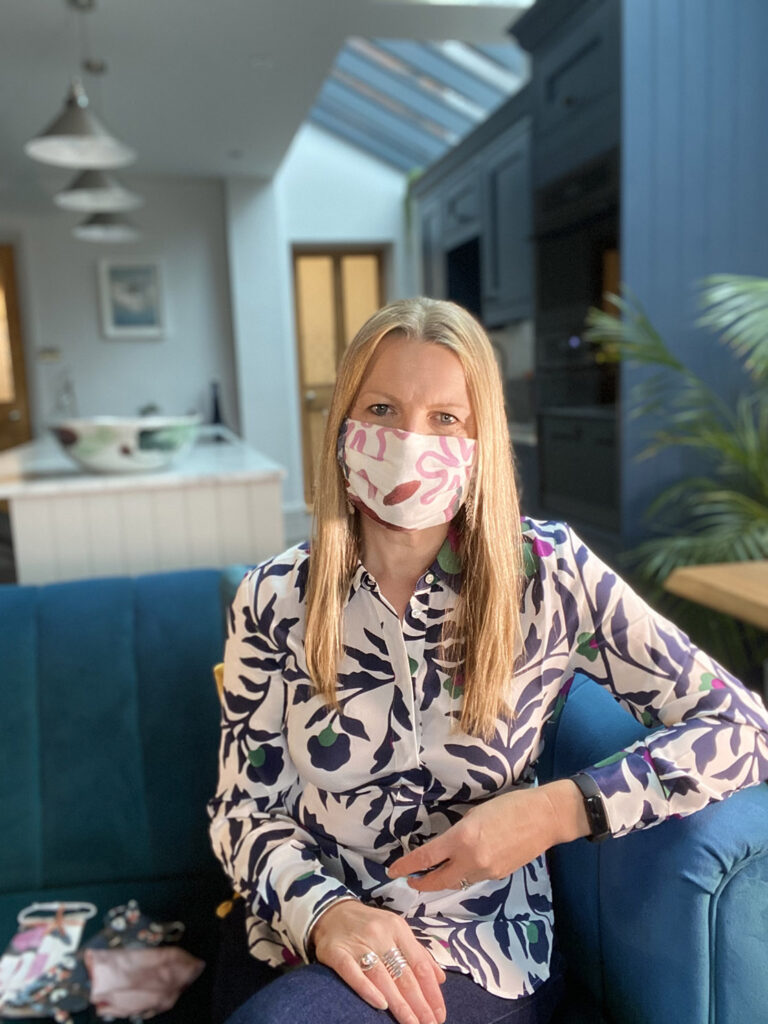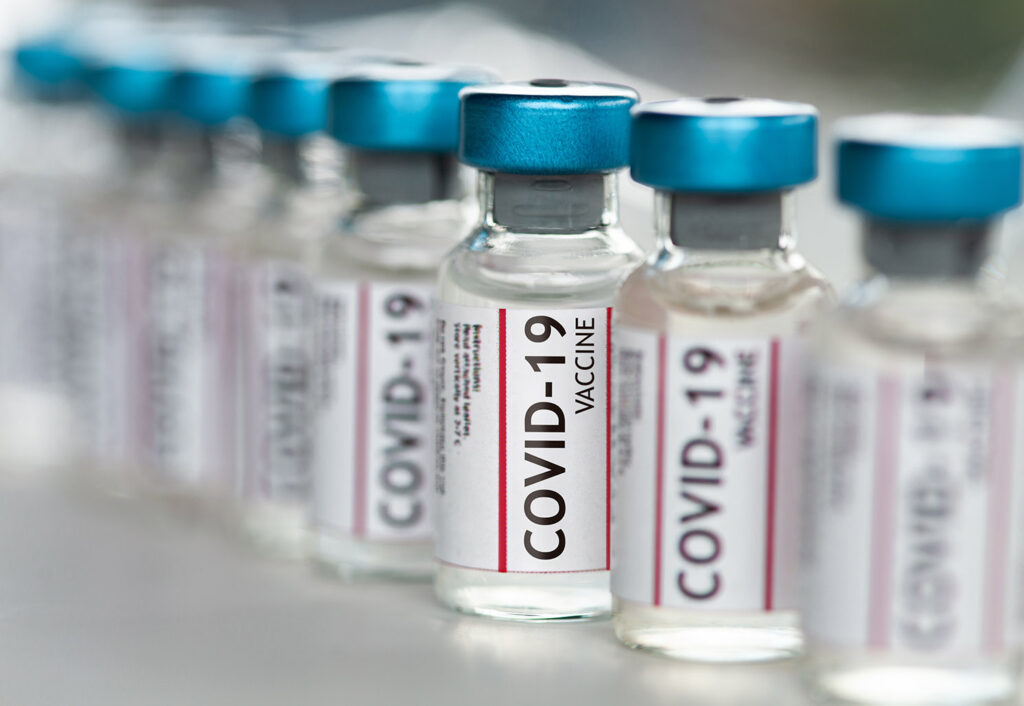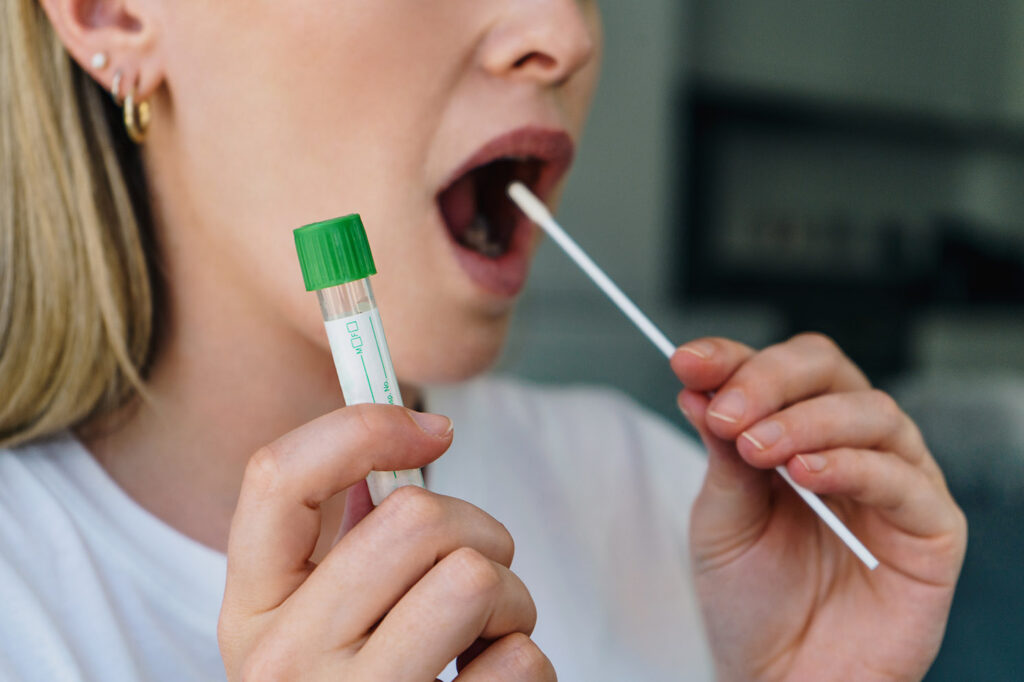If you follow my @styleanddecoruk Instagram feed, you’ll already know I’ve had Covid through no fault of my own. However, today I want to discuss Long Covid, how it can affect people’s lives and how to assist your recovery. In fact, I hear one in 20 people with Covid, who are not hospitalised, are likely to suffer from Long-Covid symptoms.
Right now, I don’t know if I’ll suffer from Long Covid as it may be too early to tell. However, I’ve tried to keep as fit and healthy where possible throughout this pandemic. From exercising at home, such as mat Pilates, to walking in the great outdoors, I certainly do what I can. After I had my jab three weeks ago, I’ve got a sore throat and I felt wiped out for a couple of weeks. And this got me thinking about Long Covid and whether I may have a long-term problem one day.

Long Covid: what is it?
In a nutshell, this can be one of the effects from Covid-19. And symptoms can continue, sometimes, for weeks or months, after you’ve contracted the initial virus. Now, I believe the benchmark starts at eight weeks. However, Long Covid seems to affect those who have had a variety of different symptoms in the first week of illness. Although men are more likely to be admitted to hospital with Covid-19, women appear to be more likely to suffer from Long Covid. The latest figures on the COVID Symptom Study app Zoe, show 14.5% compared with 9.5% in the age group of 18-49. This recent study was led by Dr Claire Steves and Prof Tim Spector at King’s College London. In fact, I use this app on my mobile phone to hear all the latest independent news on Covid and provide them with regular updates on my health.

What are the symptoms?
As with Covid-19, it seems there isn’t a definitive list of symptoms for Long Covid per se. However, lasting ones can include fatigue, breathlessness, anxiety and depression, palpitations, joint or muscle pain, chest pains and brain fog. The key is that long-term effects, such as these, don’t just affect those who have gone to hospital. Neither does it just affect those who have felt seriously unwell when they caught the virus.
I recently spoke to Cheryl Lythgoe, matron at Benenden Health, about the symptoms. Private healthcare specialists Benendon Health provide a range of discretionary services and they’ve produced a dedicated Covid-19 section on their website. Cheryl explains: “We’re all individuals and that’s especially true when it comes to Long Covid, which has a wide range of symptoms. For some sufferers, Long Covid can involve mild symptoms that come and go. However, others may find even everyday activities, such as climbing the stairs or cooking dinner, absolutely exhausting. It can have a major impact on your lifestyle, health and mental wellbeing and you may be unable to return to work.

“Physical symptoms can include fatigue or extreme tiredness, breathlessness, a cough, chest pain, joint and muscle pain and loss of taste or smell, whereas mental symptoms include depression and anxiety and not being able to concentrate and think straight. Less common symptoms include sickness and diarrhoea, dizziness or problems with balance, and skin rashes.”
Who is most likely to get Long Covid?
Research undertaken for the COVID Symptom Study app found that those who had five or more symptoms in the first week of contracting Covid-19 were more likely to develop Long Covid. These include women, those with asthma and older people. Cheryl at Benenden Health told me: ” Long Covid can affect any one of us. Even young and fit people can get it. In fact, there have been cases of children who’ve been diagnosed with the condition. You don’t even have to have been seriously ill with Covid-19.”
How to avoid catching Long Covid:

If you want to know how to avoid Long Covid, the most simple answer is not to get infected with Covid-19 to begin with. However, I know only too well how difficult that can be. I really think ventilation is so important when it comes to this virus and it always has been. It’s just a shame this is a guideline and not mandatory everywhere (where possible). I suggest you continue to follow the advice: open a window for ventilation, wash your hands thoroughly and regularly, ensure you socially distance where you can and wear a face mask inside, if possible. I must admit I’m hoping, once we have all had both vaccinations, we will be able to relax a lot more.

What you can do if you have Long Covid:
There are plenty of things you can do if you find you have Long Covid. However, I would suggest you contact your GP in the first instance. Then, you’ll be able to discuss your symptoms and the impact they may be having on your life. This way, your doctor will be able to consider the care and support you may need. This way you can have a better understanding of how to manage your symptoms. Since my first vaccination, as mentioned I’ve still got a sore throat and I was getting bouts of exhaustion and a few aches, too. Of course, I may have to contact my GP about this in the future if these persist. However, if I find I have Long Covid, I’m now hoping I’ll be better equipped to deal with it.

Tips from the British Heart Foundation:
The British Heart Foundation, has a whole host of tips which may help. These include taking frequent short rests to ensure you don’t become exhausted. Try to pace yourself so you don’t over-exert yourself. Another great tip is to take part in certain activities at certain times in the day, based on your energy levels. They also advise trying to gradually increase the amount of exercise you take. This could be going for a short walk or doing simple strength exercises to start.

Advice from Dr Raymond Perrin:
I recently spoke to Dr Ray Perrin DO PhD, the author of The Perrin Technique. This book provides information on how to diagnose and treat chronic fatigue syndrome/ME and fibromyalgia via the lymphatic drainage of the brain. He tells me: “Scientists have discovered that COVID-19 can lead to damage to olfactory sensory neurons (the nerves that control smell). The virus has been also shown to cross into the brain via this olfactory pathway. This creates a subsequent toxic build-up within the central nervous system leading to fatigue, brain fog, pain, sleep disturbance, mood swings and many other symptoms of post-exertional malaise, now known as Long COVID.
“The Perrin Technique has been developed to help drain toxins from the brain found in Long COVID and restore harmony in the central nervous system. This is achieved by specific manual lymphatic drainage techniques coupled with modified osteopathic methods formulated by myself in 1989 to treat ME/CFS (Chronic Fatigue Syndrome) and fibromyalgia now used by practitioners around the world.”
Tips from Lewis Gough:
Lewis is a course leader of a Masters by Research (MRes) in Health, Life Sciences, and Sport. He is also a contributing member of the Healthy Living for Pandemic Event Protection (HL-PIVOT) group and he has four top tips for coping with Long Covid. In short, take your time, when you can, move, train your inspiratory muscles and spend time outdoors even when resting.
For those of you who may have had Covid-19 without any symptoms, you were very lucky. However, I hope I can help those who are still suffering from the consequences. This really is an awful virus. Lewis tells me: “The recovery from Long COVID can take up to 24 weeks, and in some cases, even longer. It can be a difficult time for you due to the debilitating symptoms, such as extreme tiredness fatigue, brain fog, and dizziness. A body of research is now being produced to help you with these symptoms with new research being published on a daily basis.”
Taking time to recover and move when you can
Lewis feels it’s important to take time to recover – after all, this is a serious infection. He offers simple lifestyle changes, such as getting a good night’s sleep, eating well and spending time focussing on your well-being. He adds: “Use the moments where your symptoms are at their lowest severity and try a low-intensity walk. If your symptoms are too bad on any given day, cancel the walk and focus on more relaxing. Remember, do not push too hard and you will have to change your daily plan based on your symptoms.”
Train your inspiratory muscles and spend time outdoors
Lewis explains: “This is a novel approach to improving your symptoms of long COVID. A new study*, released on April 1st showed that using an inspiratory muscle training device improved lung function and exercise capacity. This could, therefore, be an option to ease some of your symptoms and improve your ability to exercise. This should only be completed under medical supervision, so speak to your GP.”
*Abodonya AM, Abdelbasset WK, Awad EA, et al. Inspiratory muscle training for recovered COVID-19 patients after weaning from mechanical ventilation. A pilot control clinical study. Medicine. 2021 Apr; 100(13):e25339. DOI: 10.1097/md.0000000000025339.

He also advises spending time outside where you can to soak in the sun even if you’re unable to exercise outdoors. Lewis adds: “. You run the risk of vitamin D deficiency, which will then cause negative symptoms such as muscle pain and weakness, as well as potential bone issues. If going outside is not possible, it is worth considering supplementing vitamin D.”
Looking for home gadgets which will make your life easier but perhaps you’re a technophobe? Follow my guide to see what I rate and recommend





